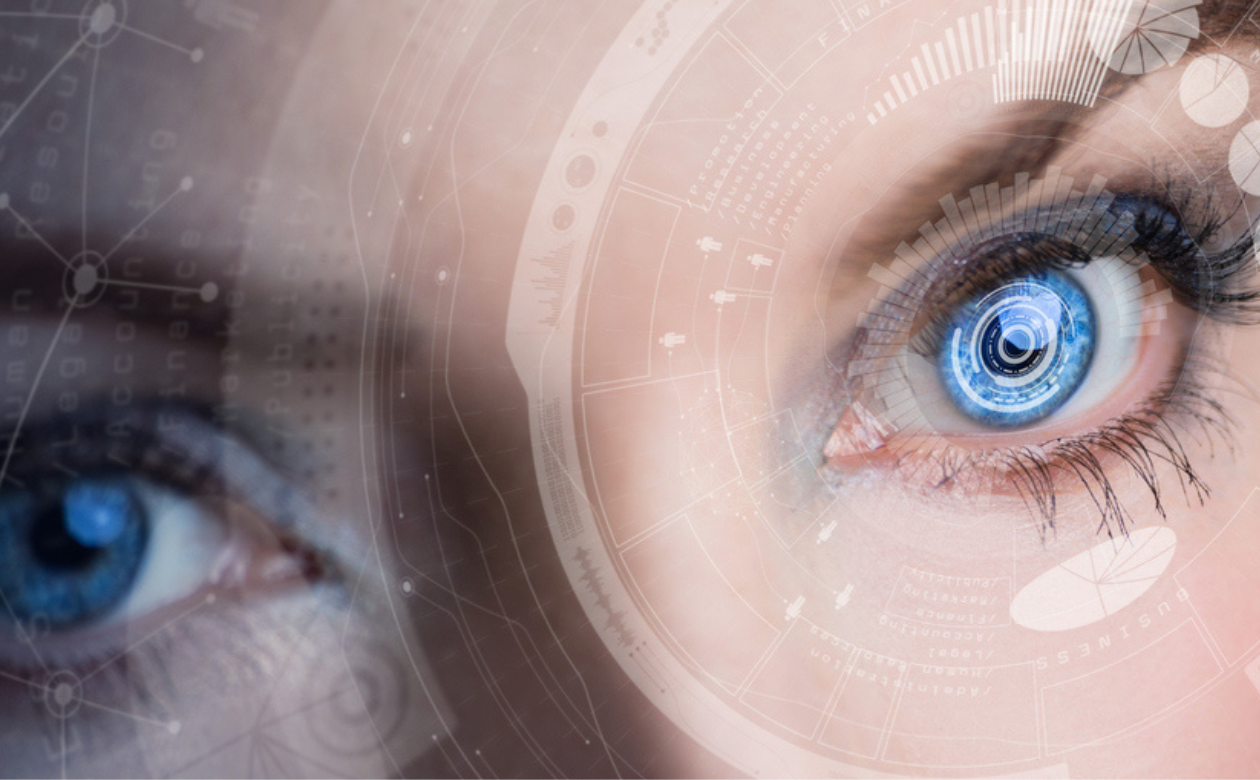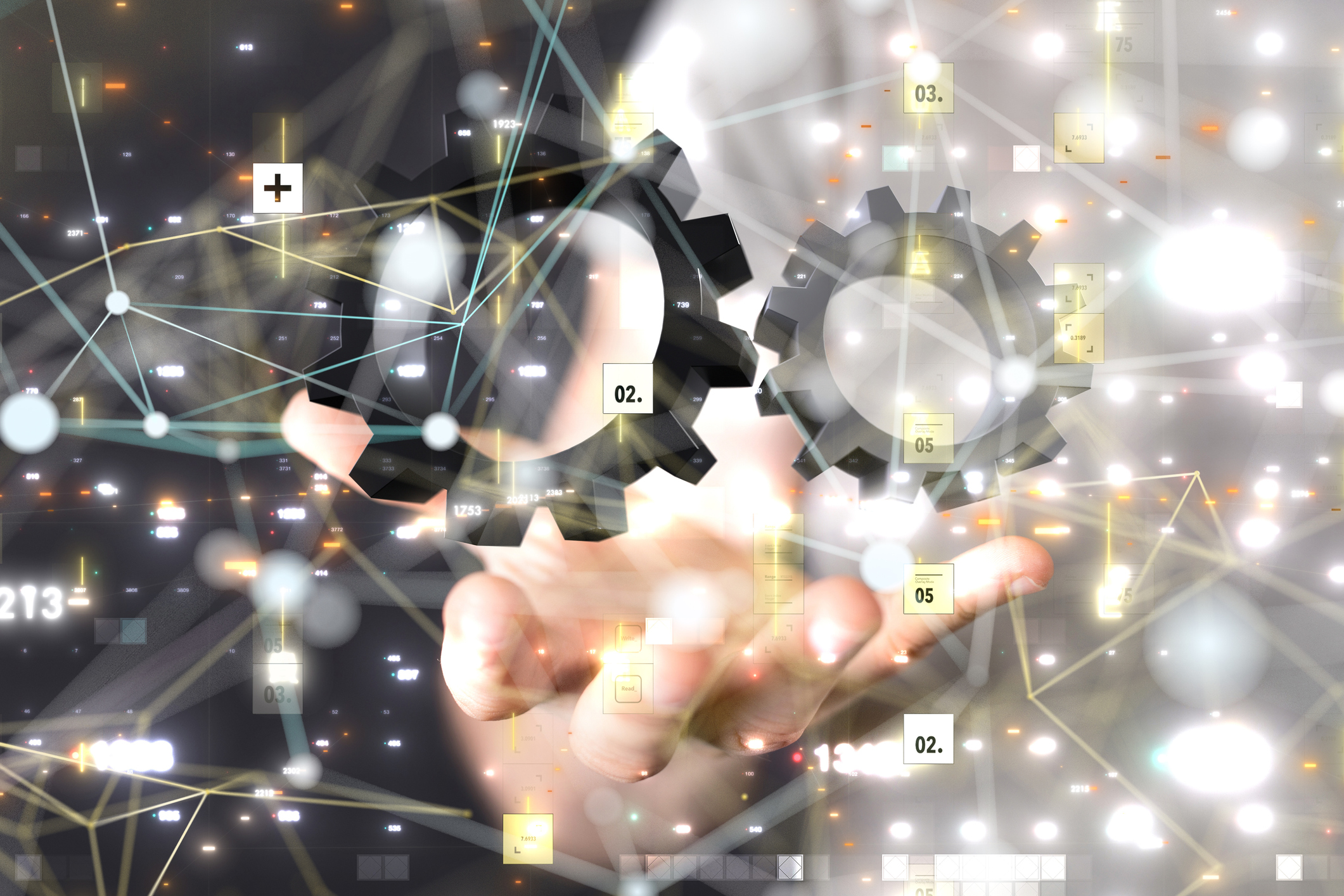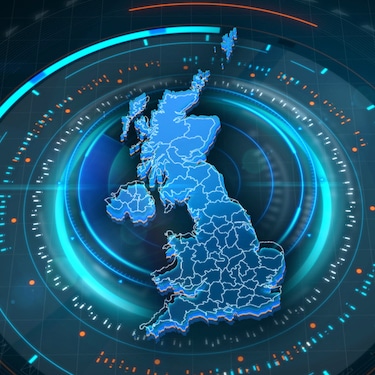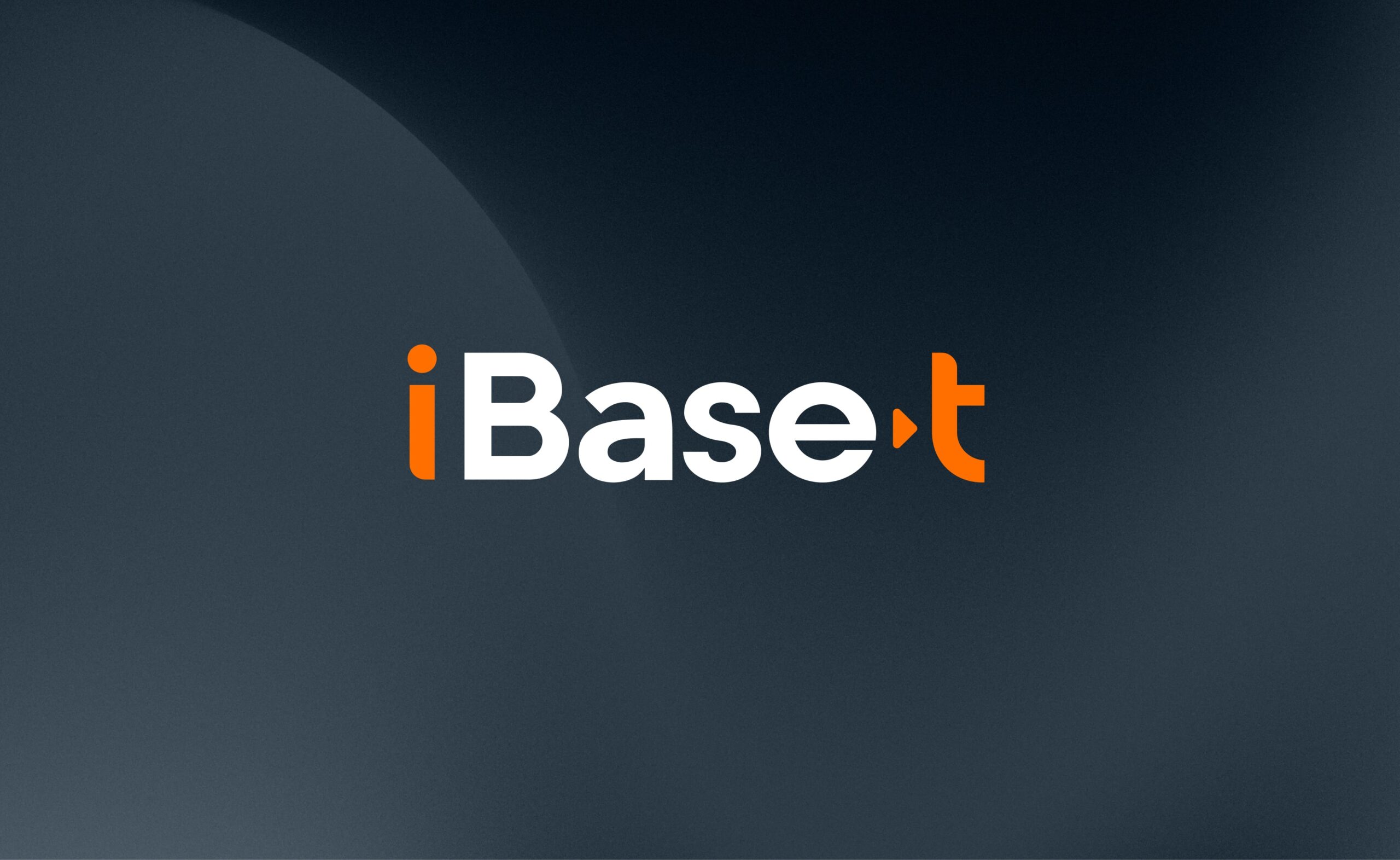Manufacturing is experiencing a profound transformation fueled by the emergence of Artificial Intelligence (AI) and machine learning. As AI technology stands on the brink of a new era, manufacturers are not just dipping their toes but are diving in, embracing new platforms powered by advanced intelligence systems.
A recent study published in Design News reveals just how rapidly this change is happening: there has been a 50% increase in manufacturers’ use of machine learning and AI solutions in the past year. This surge isn’t just a flash in the pan; it indicates a trend that’s growing exponentially in magnitude and influence as the capabilities of AI in manufacturing continue to evolve.
Given this rapid trajectory, now is a good time to assess our current position, what innovations we can expect to see in the near future, and how manufacturers can position themselves to harness the transformative power of AI.
The Journey of AI in Manufacturing
The journey of AI in manufacturing began with modest steps. Robotic Process Automation (RPA) was the industry’s early foray into automation, carrying out repetitive tasks with precision but lacking in adaptability. Complementing these robots were expert systems, designed to follow pre-set rules without deviation. These systems laid the groundwork for what would soon evolve into more complex AI.
Additionally, the birth of basic business intelligence applications with graphical presentations started to bring data analysis to everyday users. The abilities of these early systems were limited and the available data was rarely up to date or complete, but they were a start and users were quick to embrace them.
The Role of AI in Manufacturing Today
The manufacturing industry has seen a lot of change in the use of AI since those early days. Static machinery and linear assembly lines have made way for a more dynamic and intelligent era of production powered by AI at all levels of the organization.
A 2023 McKinsey report highlights the widespread adoption of AI tools. According to their survey, organizations are integrating these tools rapidly, affecting everything from workers to the industry as a whole. Overall, artificial intelligence is being used to make manufacturing processes more resilient against the unpredictable nuances of demand and supply chain interruptions.
While AI in manufacturing began as a way to automate isolated tasks, today it’s increasingly about taking advantage of the digital ecosystem. There’s a vast amount of information available to a digitized manufacturing company, and that data is now being connected. AI is able to harness this treasure trove of data throughout the enterprise, whether it’s in design, engineering, manufacturing, or maintenance repair and overhaul. The convergence of IT and OT data connected with the supply chain also created the ever-increasing information availability.
This functionality is operating now in platforms like Solumina, empowering businesses with cutting-edge Manufacturing Intelligence that provides enhanced situational awareness and actionable insights based on real-time data gathered from across the digital ecosystem and contextualized for each user. It enables granular visibility into work orders, discrepancies, and other key metrics, all in real-time. With preconfigured reports, flexible analysis, and compatibility with various BI tools, Solumina Manufacturing Intelligence aids in critical decision-making, helping manufacturers improve processes, prioritize initiatives, boost performance, and achieve their objectives.
The Future of AI in Manufacturing
The pace at which AI has redefined manufacturing thus far is just the tip of the iceberg. As we look forward, AI promises significant advances in the way manufacturers operate. Obviously, AI plays a central role in smart factories. But what else does the future hold?
- Smart Supply Chain Management: The supply chain, often the Achilles’ heel for many manufacturers, is set for a revamp. The next generation of AI won’t just predict potential disruptions in the supply chain; it will possess the acumen to auto-adjust manufacturing processes in real-time, guaranteeing uninterrupted production regardless of external challenges.
- Collaborative Robots (Cobots): Stepping out from the realm of science fiction into tangible reality are ‘cobots’. These collaborative robots, empowered by AI, will not be mere machines but partners to human workers. By working in harmony, they’ll accentuate productivity while prioritizing worker safety, revolutionizing the traditional dynamics of a factory floor.
- Personalized Manufacturing: Taking a leaf out of the online retail playbook, the future may shift towards Personalized Manufacturing. This means that products won’t just be mass-produced; they’ll be meticulously tailored, echoing individual consumer preferences and nuances, almost akin to how online retailers curate personalized shopping experiences. AI will be the cornerstone, allowing manufacturers to adapt production processes seamlessly.
Taking a cue from advancements like ChatGPT, we can envision a world where factory workers won’t even need computer screens; they can just talk to an AI app, robot, or the factory equipment itself about any issue they need to address. This level of interactivity, where AI bridges the gap not just between complex data and actionable insights, but between machines and people, promises a leap in operational efficiency.
Of course, all the potential benefits of AI depend on the availability of good, current data, and that can only be captured effectively when operations have been digitalized. To fully leverage the capabilities of AI, a foundational shift towards digital operations is essential. And, as manufacturers move forward on the journey from paperless all the way to model-based enterprises, the power of AI in their organization will only grow, along with their competitive advantage.
If recent years are any indication, AI could quickly become a disruptive force in manufacturing in the near future. It’s yet one more reason for manufacturers to prioritize their journey to a digital enterprise, or to get started if they haven’t already.





